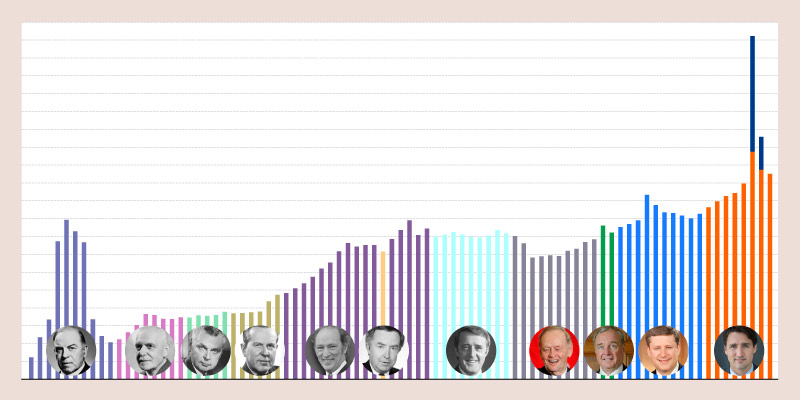How Banning Carbon Fuels and Synthetic Products Will Hurt the Environment is a new essay in the Institute’s series on the ESG (environmental, social and governance) movement. It shows how the development of carbon fuels, refined petroleum products and synthetics such as plastics and composite materials have made it possible to meet the needs of growing and increasingly wealthier populations, while gradually diminishing the human footprint on the landscape. Banning them, especially when the world’s population is now much larger than when they first displaced other inputs and technologies, will only recreate and exacerbate the problems they once solved.
 Executive Summary
Executive Summary Read the Full Report
Read the Full Report View the Infographic - Total Business Subsidies Canada
View the Infographic - Total Business Subsidies Canada View the Infographic - Cost of Business Subsidies Per Tax Filer
View the Infographic - Cost of Business Subsidies Per Tax Filer View the Infographic - Provincial Business Subsidies
View the Infographic - Provincial Business Subsidies View the Infographic - Ontario's Business Subsidies
View the Infographic - Ontario's Business Subsidies Read the News Release - Canada
Read the News Release - Canada Read the News Release - Ontario
Read the News Release - Ontario Read the News Release - Quebec
Read the News Release - Quebec






